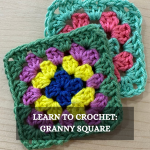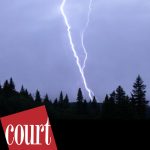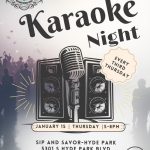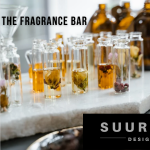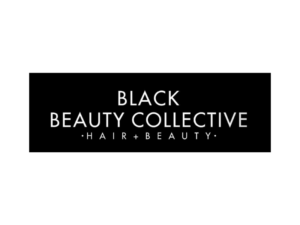
Black Beauty Collective Will Bring Marketplace For Black-Owned Hair And Beauty Products To Hyde Park
“What an amazing experience, as an African-American customer, to walk into a space with all these Black people who created a product with someone’s care in mind,” the founder said.
HYDE PARK — A marketplace that exclusively sells Black-owned beauty products and provides culturally informed service to Black customers will soon debut on the South Side.
The Black Beauty Collective will open its flagship store April 6 at 5305 S. Hyde Park Blvd. Representatives of brands sold through the marketplace will visit the South Side that weekend for a four-day grand opening celebration featuring activities and workshops.
“Everybody around the collective has something positive to get out to the world,” CEO and founder Leslie Roberson said. “As a customer, you’re stepping into something special in real time: Every purchase is aligned with the entrepreneurs who are trying to get it out here.”
Businesses eligible to join the Black Beauty Collective must be at least 51 percent Black-owned. The marketplace will partner with established and emerging brands, said Roberson, a Bronzeville resident.
About 40 brands have already signed on. Six are from the South Side, including a Bridgeport-based beauty line from esthetician and Englewood resident Victoria Prince.
The roster of vendors mostly features Black women, many of whom created products in response to their lived experiences, Roberson said.
“They say, ‘I did this because my mom had cancer and her hair was falling out. My son has eczema and I wanted to create something that wasn’t so harsh on his skin,’” Roberson said. “You hear story after story; it’s the same baseline. They identified a need and created a solution.
“What an amazing experience, as an African-American customer, to walk into a space with all these Black people who created a product with someone’s care in mind.”
Participating brands will receive sales, marketing and other supports to help them grow, Roberson said.
Roberson has high expectations of vendors, she said. They must have a quality product and the labeling, pricing, product descriptions, marketing materials and other assets to match.
“This is a real-life crash course on pushing [their] business [for those who say], ‘I got things I’ve got to do, and I’m real-time going for it,’” Roberson said. “We’ll have a calendar of activity that is happening and entrepreneurs have to be prepared for it.”
Make-up artists, estheticians, cosmologists and other people with backgrounds in skin and hair care will make up the sales team, Roberson said.
With help from vendors — who will create one-pagers detailing their products and make time to show face at the store — the sales staff will “create a shopping experience that is more inclusive of the Black consumer,” Roberson said.
“In order to work at Black Beauty Collective, you have to understand the difference between 4A and 4C hair,” she said. “You have to understand that just because we both have melanin in our skin doesn’t mean our skin is the same.”
With its energy, walkability and eclectic nature, “Hyde Park is a perfect neighborhood” in which to launch the Black Beauty Collective, Roberson said.
“I’ve been scouring neighborhoods across the nation to find another Hyde Park,” she said. “… I know in my spirit it’s going to go over well.”
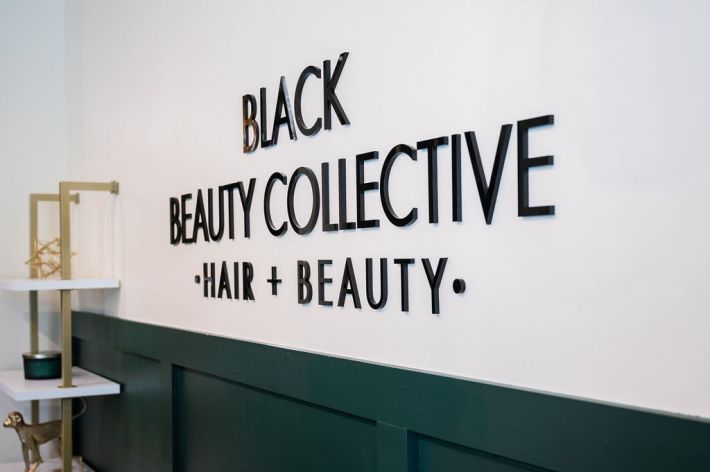 Credit: Provided
Credit: ProvidedPhysical stores are expected to roll out nationwide through the next two years, with a goal of signing at least 100 brands.
A second location in Houston is planned to open late this fall, with expansions into Atlanta by mid-2024 and Washington, D.C., by the end of 2024.
After expanding the permanent locations, the Black Beauty Collective will look to hold pop-ups “in places that feel a bit non-traditional for hair and beauty retailers,” Roberson said. That could include the annual AfroTech conference, Martha’s Vineyard, Black-centered wine events in Napa Valley and others, she said.
Vending machines filled with members’ products are also in the pipeline, with a focus on the campuses of historically Black colleges and universities, Roberson said.
